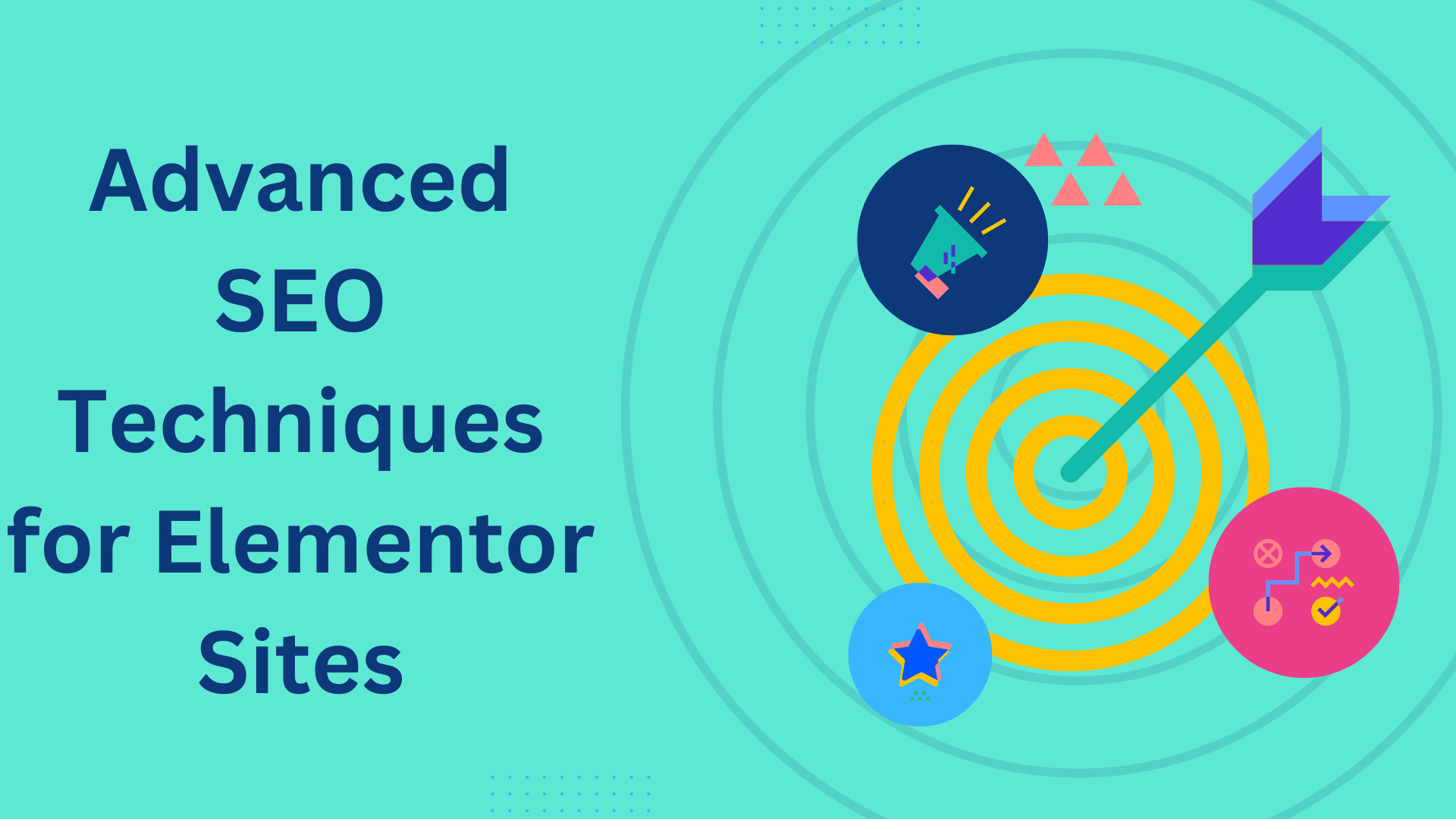Blogging can be an exciting and rewarding venture for beginners who wish to share their thoughts, experiences, and knowledge with the world. With the rise of online platforms, starting a blog is easier than ever before. However, many new bloggers may feel overwhelmed and unsure of where to start. This guide will take you through the step-by-step process of creating and launching a blog, and help you avoid common mistakes.
1. Understand Your Purpose:
Set Clear Goals: Whether it’s for personal expression, business promotion, or sharing expertise, knowing your primary objectives will guide your blogging journey. For instance, you might aim to increase brand awareness, share product-led content, or simply document personal experiences.
How to Choose the Perfect Niche for Your Blog?
Blogging is a wonderful way to share your thoughts and ideas with the world. But before you start diving into creating content, it’s important to choose a niche. A niche is the topic or focus of your blog. Choosing a niche is crucial because it determines the type of audience you attract, the content you create, and the services you offer. In this blog post, we will be discussing how to choose the perfect niche for your blog, especially if you’re a beginner.
Identify your passions and interests
To pick the right niche for your blog, it’s essential to choose something that you’re passionate about. Your blog should revolve around a subject that you’re enthusiastic about and can write about comfortably for a long time. Think about topics that you love, and people often ask you for advice on. Choosing a perfect niche ensures that you remain motivated to create quality content consistently.
Assess potential profitability
While your passion should be your primary guide, you should also consider the potential earnings in your chosen niche. For instance, suppose you plan to monetize your blog through AdSense, affiliate marketing, sponsored content, or selling your products. In that case, you need to research if your niche attracts a large audience that can generate a significant income.
Analyze competition levels
Studying the competition levels in your chosen niche will give you an idea of whether it’s saturated, underrepresented, or has plenty of opportunities. Check out other blogs touching on your niche, their content, and their audience. It will give you a clue if you can make a differentiation in your content and those of existing bloggers.
Consider long-term sustainability
As already mentioned, when choosing your niche, you are looking for a niche that would keep the passion burning. It’s important to ensure that your niche will sustain you in the long run. If you know you will lose interest in the chosen niche within a few months, it’s crucial to reconsider before creating content.
Stay true to yourself
Ultimately, your niche should reflect a part of you, and that means creating a blogging space where you are 100% authentic. Don’t pick a niche because it’s trendy and happening now and assume that you should approach it the same way every other blogger does. Tweak your content to reflect your style and approach so that your potential readers see something unique in you.
2. Technical Foundations:
Choose a Suitable Blogging Platform:
However, to start a blog, you need to choose a suitable blogging platform. WordPress is a popular choice, but there are others like Webflow, Drupal, and Ghost. Platforms like Wix and Squarespace are beginner-friendly with drag-and-drop features. With so many blogging platforms in the market, it can be a daunting task for a beginner to pick the right one. In this part, we will discuss some essential tips to help you choose your perfect blogging platform.
Suitable Blogging Platform According to Blogging Goals and Needs:
Once you have identified your goals and needs, you can choose a platform that caters to your requirements. For instance, if you want to create a professional blog, WordPress.org is a popular and robust platform that offers more customization options. However, if you’re going to blog casually without many technicalities, Tumblr and Blogger are excellent options.
Consider Your Budget:
Most popular platforms offer free options as well as paid plans. While a free option may seem attractive, it usually comes with limitations such as design options, storage, and monetization options. Paid plans offer more features and functionalities but can be costly.
However, if you’re serious about your blog and want to monetize it, investing in a paid plan can be worth it. The good thing is that most platforms have flexible pricing options, and you can always upgrade or downgrade as your blog grows.
Customization Options
A blogging platform that offers customization options allows you to create a unique and personalized blog. Look for a platform that offers a wide range of design templates, fonts, and color schemes that you can use to customize your blog.
WordPress.org is a highly customizable platform that allows you to alter almost every aspect of the site. It offers thousands of free and premium WordPress plugins and themes that you can use to enhance your blog’s features and functionality.
Domain Name:
This is your blog’s address on the internet. It should be memorable and reflect your blog’s theme or content.
Hosting:
This is where your blog ‘lives’ online. You can pick hosting services from Some popular hosting service providers like GoDaddy, Bluehost, and Siteground.
3. How to Create Engaging Content for Blog?
Creating Great Content for Your Blog:
Starting a blog is exciting, but it can also be intimidating—especially if you’re not sure how to create great content. The good news is that there are plenty of tips and tricks that can help you get started. In this post, we’ll walk you through some of the key steps you’ll need to take to create engaging, valuable content for your blog.
Selecting a Specific Topic:
The first step to creating great content is to define your niche. What topics are you interested in? What do you know about? What are your readers interested in? Your content should be focused on a specific niche so that you can attract a specific audience.
Research Your Audience
Once you’ve defined your niche, take the time to research your audience. What kind of content do they enjoy? What are their pain points? What questions do they have? If you know your audience well, you can create better content that meets their needs.
Develop a Content Strategy
Now that you know your niche and your audience, it’s time to develop a content strategy. Consider the types of content you want to create (blog posts, videos, podcasts, etc.), how often you want to post, and what topics you want to cover.
Write Engaging Headlines
Your headline is the first thing your readers will see, so it’s important to make it attention-grabbing. Use strong verbs, ask questions, and make promises that your post will deliver on. A great headline can make the difference between a reader clicking through to your post or scrolling right past it.
Use Subheadings, Lists, and Images
Once you’ve grabbed your reader’s attention with your headline, make sure to keep them engaged with your content. Use subheadings to break up long sections of text, create lists to make your content easier to read, and include images to add visual interest.
Quality Over Quantity:
It’s better to write a few really good articles than lots of average ones. When you share great stuff, people will want to keep coming back to read more. Over time, this dedication to quality will cultivate a community of loyal followers who value and trust your insights.
Consistency is Key:
Decide on a posting frequency that you can maintain, be it daily, weekly, or monthly. Consistency helps in building trust with your audience.
Engage with Your Audience:
Respond to comments, engage on social media, and encourage feedback. This will help in building a community around your blog.
4. Promotion and Growth of Your Blog:
SEO:
SEO, or Search Engine Optimization, is crucial for any online presence. It’s like the signboard of a business in the digital world. Without it, your website might get lost in the vast sea of online content. SEO ensures that when someone searches for topics you’ve covered, your site stands a good chance of showing up in the search results. This means more visitors and potential customers. Moreover, good SEO practices improve user experience, making it easier for visitors to navigate and find relevant content on your site.
Social Media:
Find out, which social media platform your audience is using. Promote your content on platforms like Facebook, Twitter, and Instagram and engage with more audiences.
Networking:
Engage with other bloggers, attend blogging conferences, and participate in blogging communities online.
5. How to Monetize Your Blog?
Many people wonder how bloggers make a living. In this section, we’ll outline the various ways you can monetize your blog, so you can turn your passion for writing into a profitable business.
Advertising
The most common way to monetize a blog is through advertising. There are several ways to do this, such as placing banner ads, using AdSense, or accepting sponsored posts. Banner ads are images or videos that are displayed on your blog, and you get paid based on impressions or clicks. AdSense is an ad network that places targeted ads on your site, and you earn money when someone clicks on them. Sponsored posts are articles written by a brand or company, and you get paid to publish them on your blog.
Affiliate Marketing
When you promote a product or service and earn a commission for each sale made through your unique referral link is called affiliate marketing. You can promote products that align with your niche and interests, and you can incorporate affiliate links in your blog posts, reviews, and recommendations. Many popular affiliate networks are available including Amazon Associates, ShareASale, CJ Affiliate, etc.
Digital Products
Another way to monetize your blog is by selling digital products, such as ebooks, courses, or printables. Digital products are great because they require little to no overhead costs, and once created, they can generate passive income. You can also sell your products on platforms like Etsy or Gumroad, in addition to your website.
Sponsored Content
Sponsored content can generate a significant amount of income for your blog, especially if you have a considerable following. You could partner with a brand or company to create sponsored content that highlights their products or services. Keep in mind that you should only partner with brands that align with your values and niche. You don’t want to risk losing your readers’ trust by promoting something that doesn’t resonate with them.
Consulting or Coaching
If you have a skill or expertise in a particular field, you can offer consulting services or coaching to your readers. Coaching can be done on a one-on-one basis or in group settings, and it’s an excellent way to generate income while providing valuable knowledge to your audience. You could also create online courses or webinars to reach a broader audience.
6. Challenges:
Patience:
Blogging success doesn’t happen overnight. It requires patience, consistency, and hard work.
Avoiding Burnout:
It’s essential to take breaks, plan your content, and ensure you’re not overwhelmed.
Words in Conclusion
Blogging is a rewarding experience, but like any other endeavor, it requires dedication, planning, and continuous effort. The key to success is to stay passionate, be authentic, and provide value to your readers. Starting a blog can be daunting, but it is worth the time and effort. Blogging is an excellent way to express yourself, share your expertise, and build an online presence. With the right direction, knowledge, and determination, you can create a successful blog that engages and empowers your audience.



